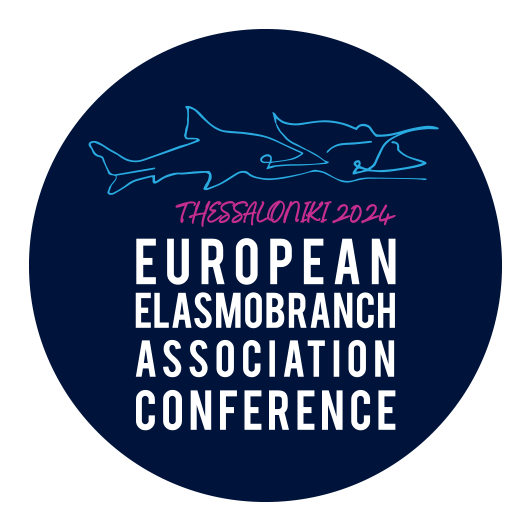
The By ElasmoCatch project focuses on the study of sharks and rays in Greece, their interactions with fisheries, as well as their biology and ecology.
Launched in 2020, the project began with visits to coastal and mid-water fishing vessels in the ports of Alexandroupoli, Kavala, and Michaniona to document shark and ray catches. In 2021, the research expanded to include systematic data collection from coastal fishing boats in Halkidiki. This rigorous fieldwork led to the publication of a scientific paper in an international journal, contributing valuable insights into the conservation and management of these important marine species.

In 2025, the collection of fisheries data continues in the Amvrakikos Gulf. Since 2024, the project has also included fishery-independent data collection using customised protocols for video recording and visual monitoring of marine biodiversity. The research now explores trophic relationships between species, maps fishing effort, and analyses the biological characteristics of each species, such as growth rates.




Data collection follows the protocol of the General Directorate of Fisheries for monitoring bycatch of vulnerable species, adapted to the region's needs. Additionally, biological data on species morphology and reproductive maturity are gathered, along with genetic material. The project also investigates the impacts of bycatch on the health of captured individuals and collects data to estimate post-release survival rates for each species by fishing gear type, using tagging methods.

AMVRAKIKOS WETLANDS NATIONAL PARK
The Amvrakikos Wetlands National Park was established on March 21, 2008, by Joint Ministerial Decision 11989/2008 (Government Gazette 123/D/21-03-2008). Its designation as a National Park, along with the definition of land uses, conditions, and restrictions, marked the culmination of a long-standing effort to protect this area at the national level.
The Amvrakikos Gulf is one of the most significant and largest wetland ecosystems in Greece. It is a semi-enclosed gulf connected to the Ionian Sea through a narrow and shallow strip of water.Wetlands are globally recognized for their immense ecological and economic value and exceptional biological importance. The Amvrakikos Gulf hosts one of the most complex wetland mosaics in Greece, featuring 20 small and large lagoons that support rich biodiversity.

TAGGING PROGRAM
As part of the By ElasmoCatch project, we are conducting a tagging program to study the mortality of sharks and rays in the Amvrakikos Gulf due to bycatch. Live individuals caught during sampling are tagged, allowing us to monitor their health and assess the impacts of fishing on these species. To date, 259 individuals from 9 ray species and 1 shark species have been tagged. Recaptures by the fishing community provide valuable data, significantly contributing to the study of their ecology in the region.
FUNDER




